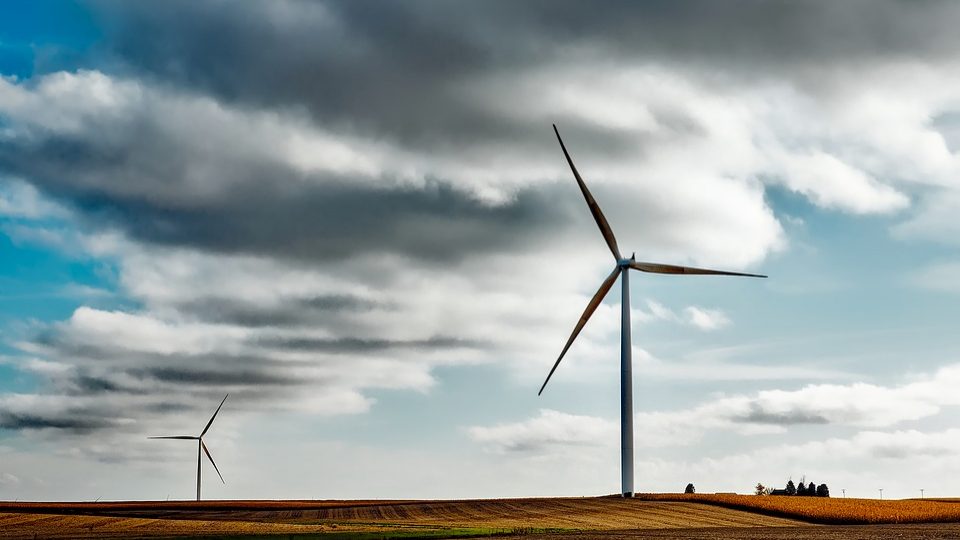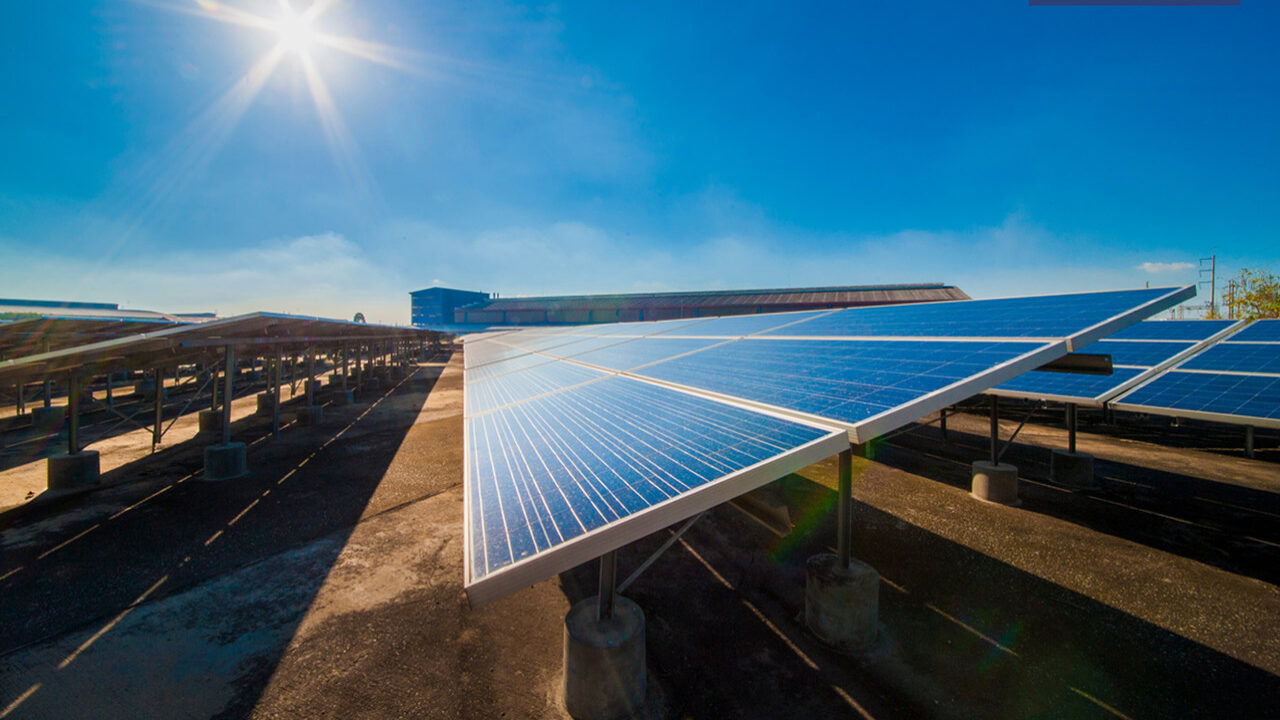Wave energy from Swedish CorPower Ocean should be in grid by November
The Swedish company intends to inject 300 kilowatts (kW) of wave energy into the electricity grid by November.
CorPower Ocean aims to inject 300 kilowatts (kW) of wave energy into the electricity grid by November, enough to supply 300 homes in Portugal, with the start of operation of the first of four converters produced in Viana do Castelo.
Speaking to Portuguese news agency Lusa on Wednesday, the director in Portugal of the Swedish technology company, Miguel Silva, said that between 2024 and 2025 the installation of the remaining three wave energy converters will be concluded, forecasting a production of 1.2 megawatts of energy, sufficient to supply 1,000 homes, at an investment of 16 million euros.
Miguel Silva said that the first wave energy converter, shaped like a buoy, nine metres in diameter, will be placed in the water in mid-November, around six kilometres from land, at Aguçadoura beach [in Póvoa de Varzim].
According to the official, “the anchor that will fix the device and the underwater electric cable that will transport energy from the point of production to a substation located on the beach of Barranha, in Aguçadoura, is already installed on site.
At stake is the project considered “pioneering”, called HiWave-5, developed by CorPower.
“At this stage we are placing this generation device so that we can learn a little from the data we collect over time. To see if it is necessary to continue with learning cycles, data collection or the possibility of extending the term of the private title of use of maritime space, which ends in 2030,” he specified.
According to the official, the project to install the four converters represents an investment of €16 million, but he stressed that the Swedish company plans to continue to “evolve the technology and, at that time, the investment will be different.
On Thursday, said Miguel Silva, Portugal’s Secretary of State for the Sea will visit CorPower’s facilities in the port of Viana do Castelo, to take stock of the project and see the first device already assembled in the removable hangar that the company has built.
Miguel Silva said he will appeal to the governor “so that the auctions for the production of offshore marine renewable energy (at sea) are not necessarily only for wind”.
“It is important that the community understands that for us to have a system with 24 hours of renewable energy it does not survive only with wind and sun. It is also important to realise that, being an emerging technology that effectively solves a problem, we need to have, necessarily, during the start-up of the technology, some support. It is not possible to compete with mature technologies, such as wind and solar, when we are talking about an emerging technology, which has the costs of that emerging technology associated”, he added.
The director of CorPower in Portugal said that “now that the maritime space is being planned, wave energy should at least be considered”, because he believes that the company “has deserved more space”.
“The auctions are just around the corner and at this moment, the maritime space is practically all allocated to offshore wind energy”, he underlined.
According to Miguel Silva, “there is currently a working group created by the Secretaries of State for the Sea and for Energy, by those responsible for ports, among other entities, to produce a document, to be presented within eight months, that will contribute to better regulation of the space”.
“We want to somehow have an influence on these decisions. We don’t want more space, but we want some space for wave energy. Right now, we only have the concession space in Aguçadora. We want the maritime space, when it is regulated, to be regulated not only with offshore wind energy in mind, but also other types of energy, such as floating marine solar.


